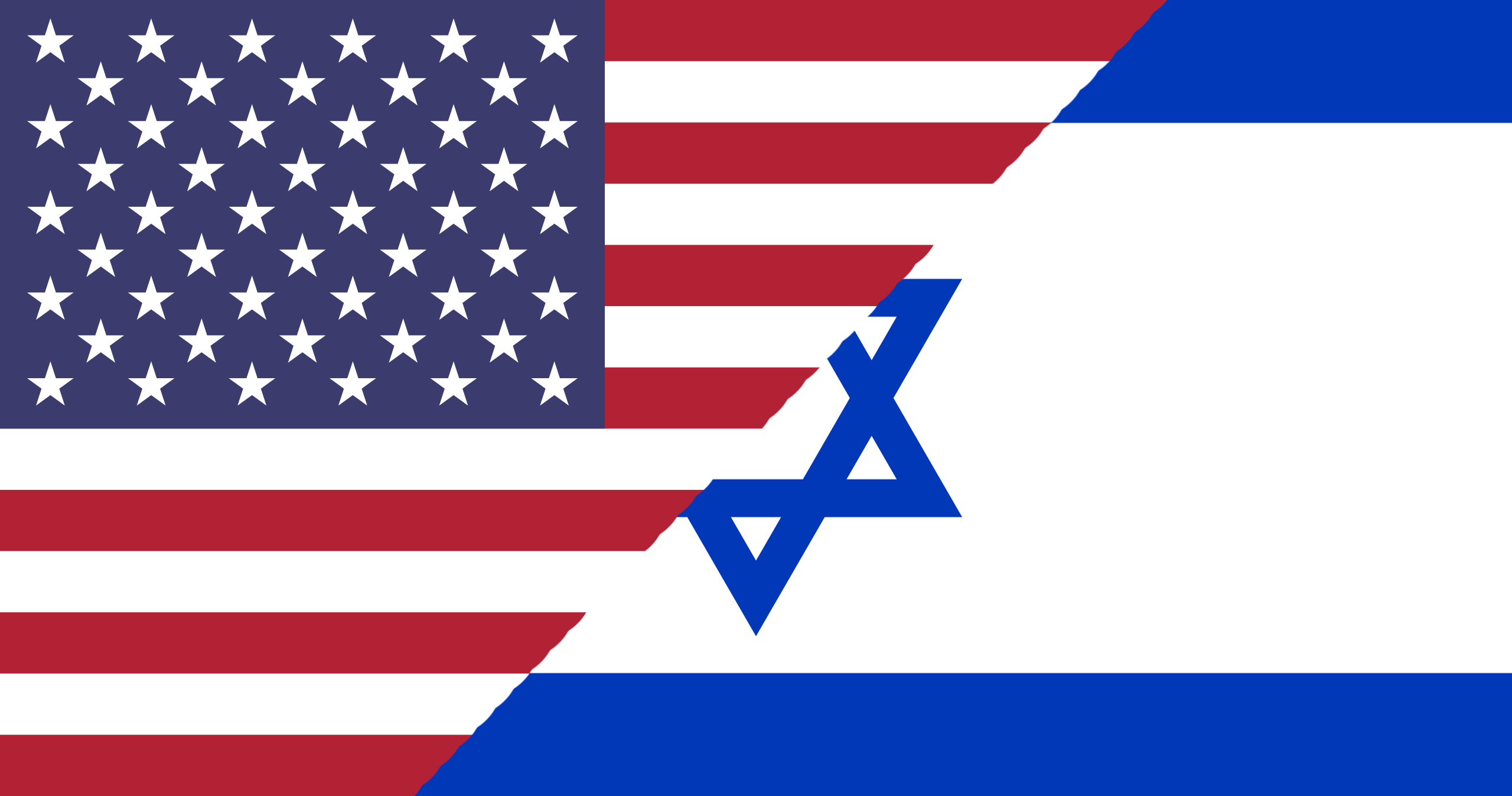Anti-Boycott, Divestments, and Sanction laws restrict protests
By Koa Davidson
The Oct. 7 Hamas attacks and subsequent Israeli invasion of the Gaza strip has been unique in just how many Americans felt compelled to voice their opinion on the conflict. For decades, the American zeitgeist was firmly on the side of Israel, primarily due to their strategic geopolitical position. However, support for Palestine has risen consistently with every generation. An explanation of this is likely due to the growing number of Middle Eastern immigrants and the rise of media figures who are openly critical to the geopolitical interests of the American state; examples being figures like Jimmy Dore, Norman Finklestein, and Glenn Greenwald. Internationally, the state of Israel has been contentious since its inception with the Balfour Declaration, with Zionists viewing it as a continuation of the Kingdom of Israel mentioned in the Bible, making the Jewish people indigenous to the land. Anti-Zionists, point to how regardless of their ancestral ties, the project of Israel has manifested itself as a group predominantly consisting of Europeans displacing a native population with the backing of more powerful nations. It is clar support for Palestine is quickly growing, making Zionism a contested position, rather than a given. However, as more Americans openly announce their intention to boycott Israel, they should be wary of Anti-BDS laws which are present in 37 states.
Anti-Boycott, Divestments, and Sanction (Anti-BDS) laws are a set of laws which have been rising in prevalence since 2015, making it illegal for public entities, particularly businesses, to make financial decisions against the interests of Israel. According to advocates of the legislation, such actions violate the Civil Rights Act of 1964. They argue that boycotting Israel is a form of financial segregation, based upon Anti-Semetic and Xenophobic beliefs as outlined by the International Holocaust Remembrance Alliance.
Internationally, the state of Israel has been contentious since its inception with the Balfour Declaration, with Zionists viewing it as a continuation of the Kingdom of Israel mentioned in the Bible, making the Jewish people indigenous to the land.
Although specific legal ramifications vary from state-to-state, it typically manifests with companies needing to explicitly announce support for Israel in order to be eligible for state-contracts, state-pensions, and subsidies. The hope is to create financial incentives for holding Zionist beliefs, ultimately making the idea more popular. Currently there are only 12 states with no Anti-BDS laws, those being: Alaska, Connecticut, Delaware, Hawaii, Maine, Massachusetts, Montana, Nebraska, New Mexico, Vermont, Virginia, and Wyoming. The law’s widespread nature is, in large part, due to the lobbying efforts of the Israel Allies Foundation, the American-Israel Political Action Committee, and Christians United for Israel. Many organizations and activists, most notably the American Civil Liberties Union have accused the laws of being a violation of the first amendment.
Many may think that the laws only affect large companies; however, many individual citizens have been affected by the law. For example, in 2020 political activist Abby Martin was scheduled to give a lecture at Georgia Southern University. The contract mandated that she take a legally binding oath vowing to not boycott Israel, upon refusing this the lecture was canceled. Martin teamed up with the Partnership for Civil Justice Fund and successfully sued the university. Leading the Supreme Court of Georgia to strike down an attempt at enshrining anti-BDS laws as an amendment in the Georgia constitution on the grounds that it was unconstitutional, though the law itself still remains on the books.
These laws have been successfully challenged many times, particularly with teachers who were fired for announcing they were boycotting Israel on non-campus grounds. In 2019, a Palestinian-American speech therapist working in Pflugerville, Texas, named Bahia Amawi was fired for refusing to sign an anti-BDS pledge. For this, she sued the school district. The District Court of Texas, Austin Division ruled in Amawi’s favor. However, the law was not overturned, but rewritten to only pertain to businesses and not individuals.





